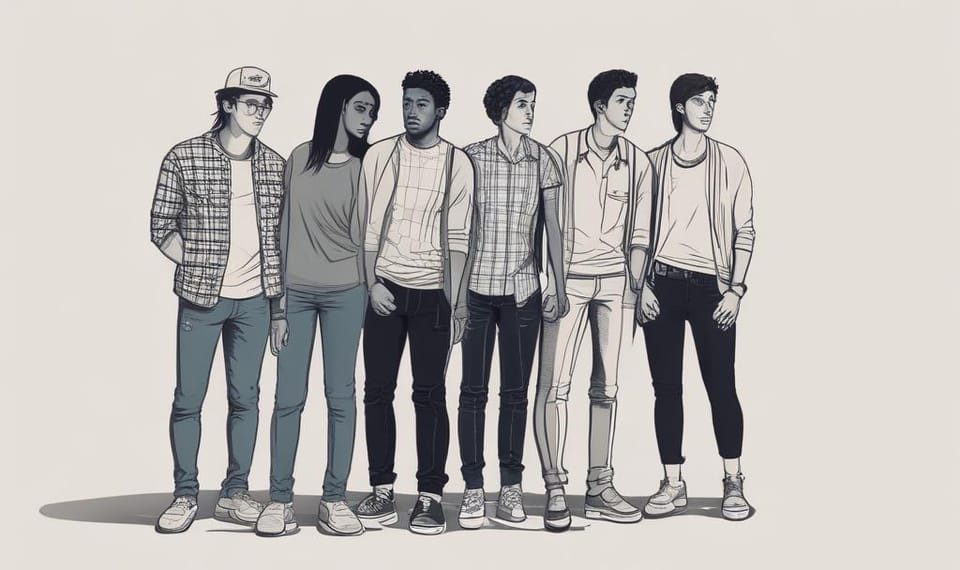Religious and Historical Context around Juneteenth

One of the biggest lessons I've learned in homeschooling is how important creating timelines is to understanding historical events. For many Americans in general and Christian Americans in particular, there is barely an understanding of what Juneteenth is, let alone its historical context.
The Great Awakenings
Running parallel to the American system of chattel slavery are the Christian movements of the 1st and 2nd Great Awakenings. The 1st Great Awakening (1730s - 1740s) saw a Christian revival sweep through America largely due to the preaching of men like Jonathan Edwards and George Whitfield.
The Second Great Awakening (1790s - 1820s) saw the rise of Methodism and was led by John and Charles Wesley. Despite both Christian revivals’ focus on preaching the gospel, systemic racism not only existed but flourished and increased in intensity as the law of the land. This should remind Christians today that “just preaching the gospel” without compassion and justice that demonstrates the gospel is a truncated gospel. Thinking the win is "saving souls" while leaving an environment of oppression untouched creates an environment where systemic sin can flourish.
U.S. Constitution and Texas Secession
In 1787, the United States Constitution codified slavery as the law of the land. Thus, America’s racialized society was born.
A racialized society is where race makes profound differences in life experiences, life opportunities, and social relationships.
Leading up to Texas's secession in 1823, Stephen F. Austin, an Anglo settler, organized a small group of men called rangers (today known as Texas Rangers) to protect settlers and their property. In 1835, Texas wanted to secede from Mexico in large part because Mexico didn’t allow slavery.
The Origin of the Texas Rangers: A Fighting Force for White Supremacy
Much of Texas's history regarding why the territory became a state in America is largely based on myth. By myth, I don't mean a made-up story but an exaggerated or idolized story. While much of my education growing up in San Antonio revolved around the Battle of the Alamo and a handful of courageous settlers standing up to the bad Mexicans, much of the desire for secession was motivated by financial gain, specifically from the slave industry. According to Monica Munoz Martinez, Professor of American and Ethnic Studies at Brown University,
“The Rangers did their part to help preserve a slave-based agriculture by violently policing enslaved African men and women. During the state’s long history of chattel slavery, the Rangers tracked and punished enslaved people trying to cross the Rio Grande into Mexico to freedom. Once across the border, men, women, and children were out of reach of those attempting to claim them as property, who were not allowed to follow them into Mexico. Of course, Rangers frequently broke the neutrality laws that forbade trips across the border. They also terrorized ethnic Mexicans accused of harboring runaway slaves. One Texas Ranger described them (Mexicans) as ‘black as n****rs...and ten times as treacherous.’” (The Injustice Never leaves You: Anti-Mexican Violence in Texas, P. 11)
To state it plainly, from the inception of Texas as a US state, there has been controversy around our border policy. Ironically, much of our border concerns at our inception were about keeping enslaved African-Americans in the state.
Juneteenth
What’s important to remember about Juneteenth is that in Texas, enslaved people didn’t find out about their freedom until two years after the Emancipation Proclamation. As tragic as that reality is, it doesn't come as a surprise. When the financial opportunity was to build the state's economy on the backs of the enslaved, Texas settlers seceded from Mexico. When enslaved people getting into Mexico meant they were freed, Texans created a Ranger force to hunt them down and patrol our borders.
Tragically it was continued financial gain by the majority Christian Texan slaveholders to commit the repulsive act of purposely refusing to free their slaves to get another few years of free labor on their properties. Even after enslaved people in Texas were freed in 1865, they were never compensated for the two years of labor they unknowingly gave as freed people.
As a pastor and Christian, I have heard SOOOO many church folks say things like, "What we need is to turn back to God," or "If more people believe in Jesus, this (city, state, country, world) would be a better place." The truth is the context and events that created Juneteenth were in a culture experiencing Christian revival, and chattel slavery flourished. The settlers who led Texas to secede from Mexico and commit treason did so, convinced the financial opportunity of wealth-building on slave labor was God's will. The founding of the Texas Rangers was about "law and order," but in reality, it propagated injustice and further enabled systems of sin to flourish.
The Civil Rights Movement taught that injustice doesn't become right or just because the unjust system is legal. Let Juneteenth stand as a reminder that right beliefs and religious dogma are worthless if there aren't actions that tangibly bring the coming of God's kingdom to pull the oppressed out of their living hell.




